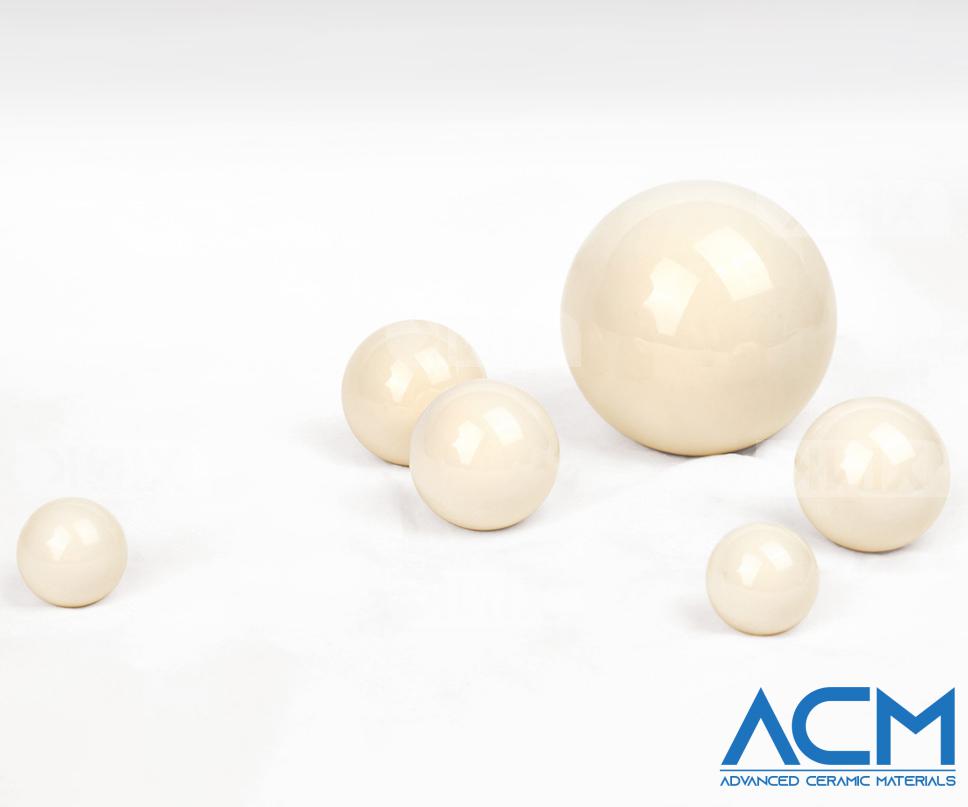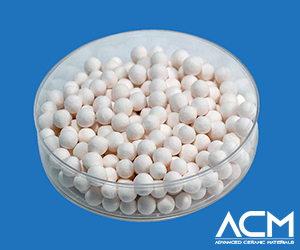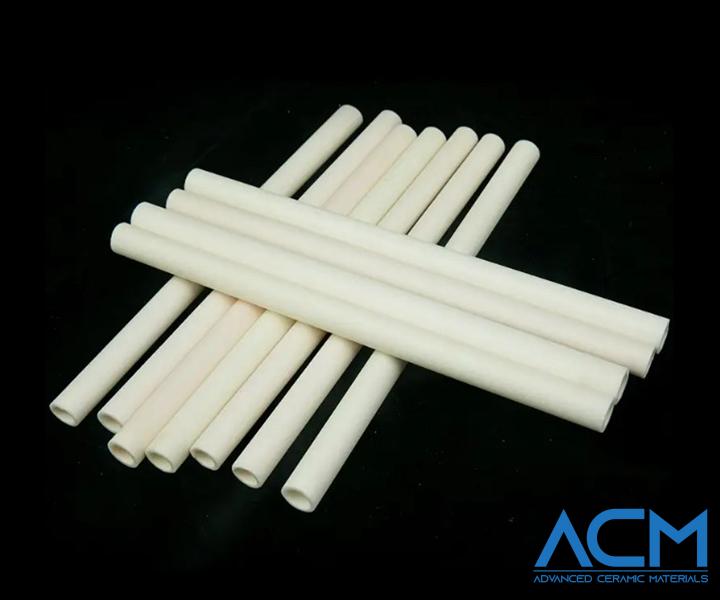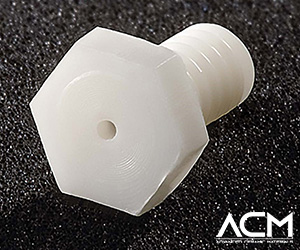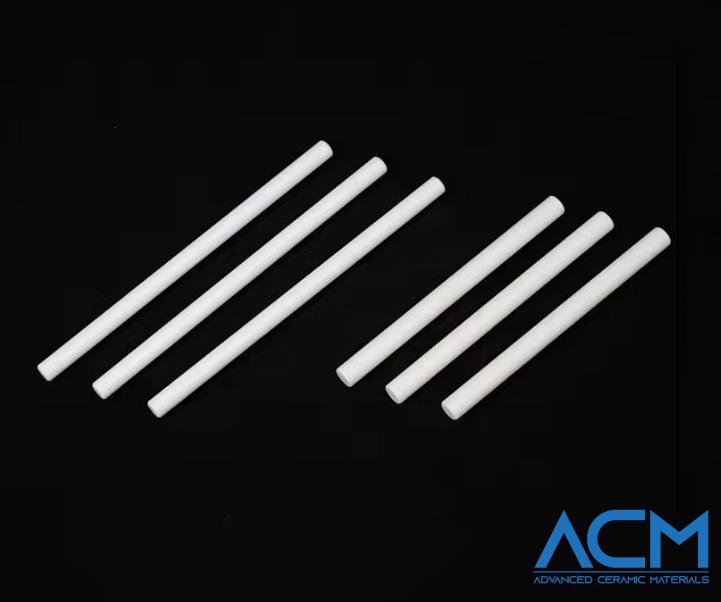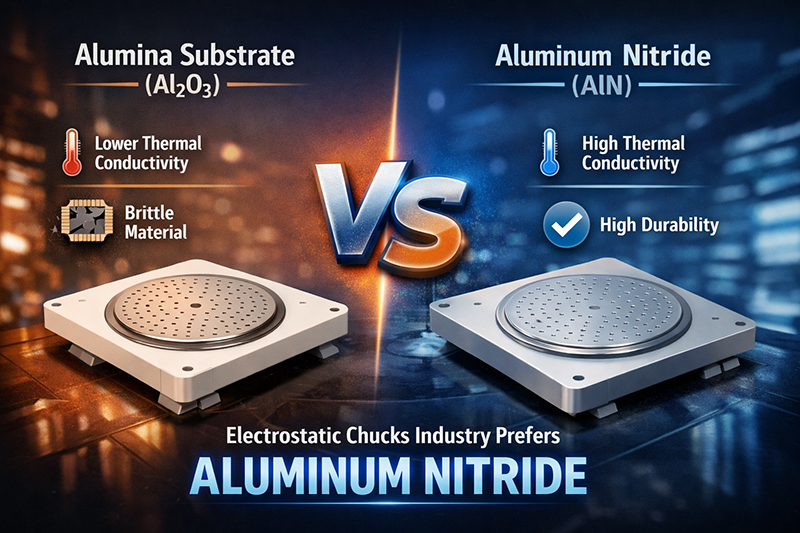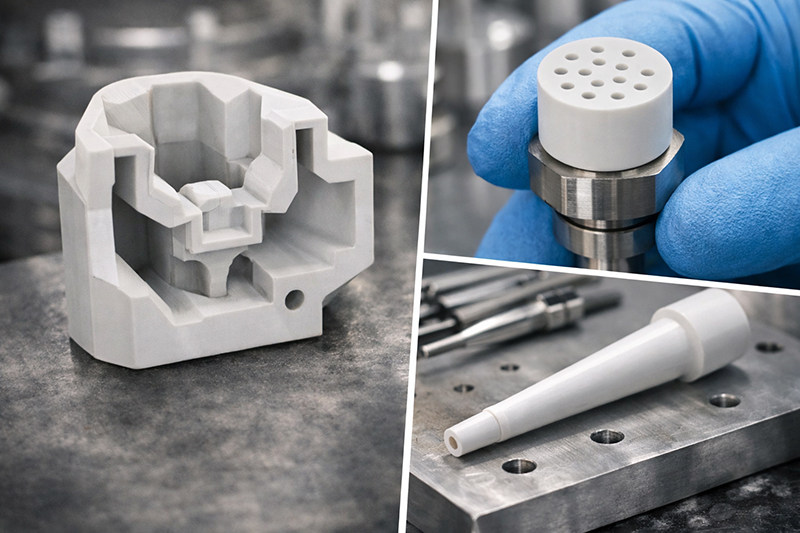Alumina Bearing Balls: How a Tiny Ceramic Sphere Is Redefining Precision in Extreme Environments
When Steel Fails, Ceramics Survive
When NASA’s Mars rover activates its robotic arm in -120°C temperatures, steel bearings seize from thermal contraction. But alumina-bearing balls? They rotate without hesitation. In a precision CNC machine operating 24/7, steel bearings require replacement every three months. Switching to alumina extended the maintenance cycle to five years—without a single failure.
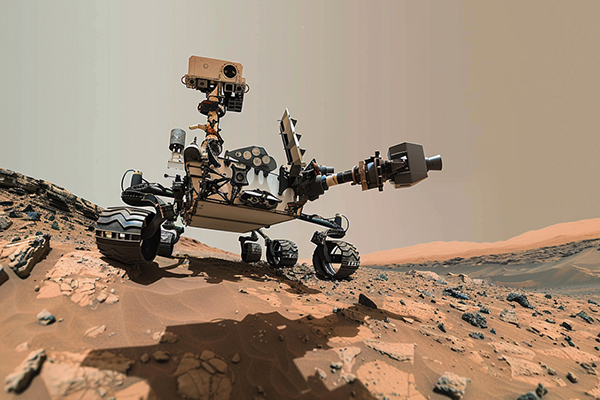
So what gives this tiny ceramic sphere, barely a few millimeters wide, the edge over hardened steel?
Why Replace Steel Balls with Alumina?
Steel is strong—but it rusts, wears down, and expands under heat. Alumina ceramic bearing balls break down through the following characteristics:
-
Low Density (3.9 g/cm³) – Nearly half the density of steel, cutting centrifugal forces by 40% in high-speed rotation. Less stress, more stability.
-
Low Friction (Ra < 0.01 μm) – That’s 10× smoother than steel. Wear rates drop to 1% of comparable steel components.
-
Low Thermal Expansion (7 × 10⁻⁶ /°C) – Half that of steel. In variable temperature zones, alumina doesn’t jam.
-
High Hardness (Mohs 9) – Almost as hard as sapphire. Surface scratches? Unlikely. Load deformation? Significantly reduced.
All of this comes from a material made of >99% pure α-Al₂O₃, with a stable crystalline structure even at elevated temperatures.
Where Steel Simply Can’t Compete
In several critical applications, steel bearings aren’t just inefficient—they’re unacceptable.
Aerospace & Space Exploration
-
Needs: Operate across -180°C to 1200°C, resist radiation, zero maintenance
-
Case: In Mars-bound mechanisms, traditional steel bearings failed at -100°C due to expansion seizure. Alumina-bearing systems performed normally.
High-End Machine Tools
-
Needs: Over 20,000 RPM spindle speed, sub-micron precision
-
Result: One machining center reported 60% vibration reduction and finish roughness improvement from Ra 0.8μm to 0.2μm after switching to alumina.
Medical Devices
-
Needs: No metal ion release (e.g., Ni or Cr from steel), biocompatibility
-
Use Case: Hip joints, CT scanner rotors. Life expectancy: steel (5 yrs), alumina (15 yrs).
Semiconductor Manufacturing
-
Needs: Ultra-clean, oil-free, low particulate environments
-
Solution: Self-lubricating alumina balls reduce particle generation to <0.1 mg/year (vs. steel at ~10 mg/year), keeping wafers contamination-free.
Choosing the Right Ball: Three Parameters That Matter
1. Dimensional Precision
-
Grades:
-
G3 (±5 μm) – industrial grade
-
G10 (±0.5 μm) – aerospace, semiconductor
-
-
Lesson Learned: One satellite’s navigation error traced back to the use of G3-grade balls in a G10-required gyro bearing.
2. Surface Treatment
-
Polishing: Ra < 0.01 μm ideal for high-speed systems
-
DLC Coating: Reduces the friction coefficient to 0.05 for dry-running scenarios
-
Caution: Over-polishing can weaken the structure. Balance is key.
3. Ball Grouping Strategy
-
Hybrid Sizing: Larger balls for load, smaller ones to reduce friction
-
Example: A wind turbine main bearing used a “7 large + 3 small” ball configuration, doubling lifespan.
A Tiny Upgrade, A Major Return
Back to the CNC machine example—after replacing steel with alumina balls, the equipment's operational life jumped from 8 to 15 years. Even more striking, with tighter tolerances and cleaner surface finishes, the shop increased unit pricing by 30% without changing the design.
This is no longer just about wear resistance. Alumina-bearing balls are changing how we think about performance boundaries in manufacturing, spaceflight, and precision medicine.
Advanced Ceramic Materials (ACM) provides precision-grade alumina balls and ceramic solutions tailored for aerospace, medical, and ultra-clean industrial applications.
Ready to upgrade your bearings? Contact ACM to engineer precision that lasts.
{{item.content}}
LEVE A REPLY
{{item.children[0].content}}
{{item.content}}
LEAVE A REPLY
SUBSCRIBE OUR NEWSLETTER
- How PBN Crucibles Ensure the Quality of GaN & SiC Epitaxial Materials
- SiC vs. Quartz Focus Rings: A Cost and Performance Analysis for Advanced Etch
- AlN Ceramic Substrates: Enabling Next-Gen Electrostatic Chucks
- The Amor of Semiconductor Tools: Why High-Purity Al2O3 & AlN Are Preferred for Plasma Process Chambers
- Silicon Carbide - Ultra-High Temperature Ceramics for Extreme Environments









